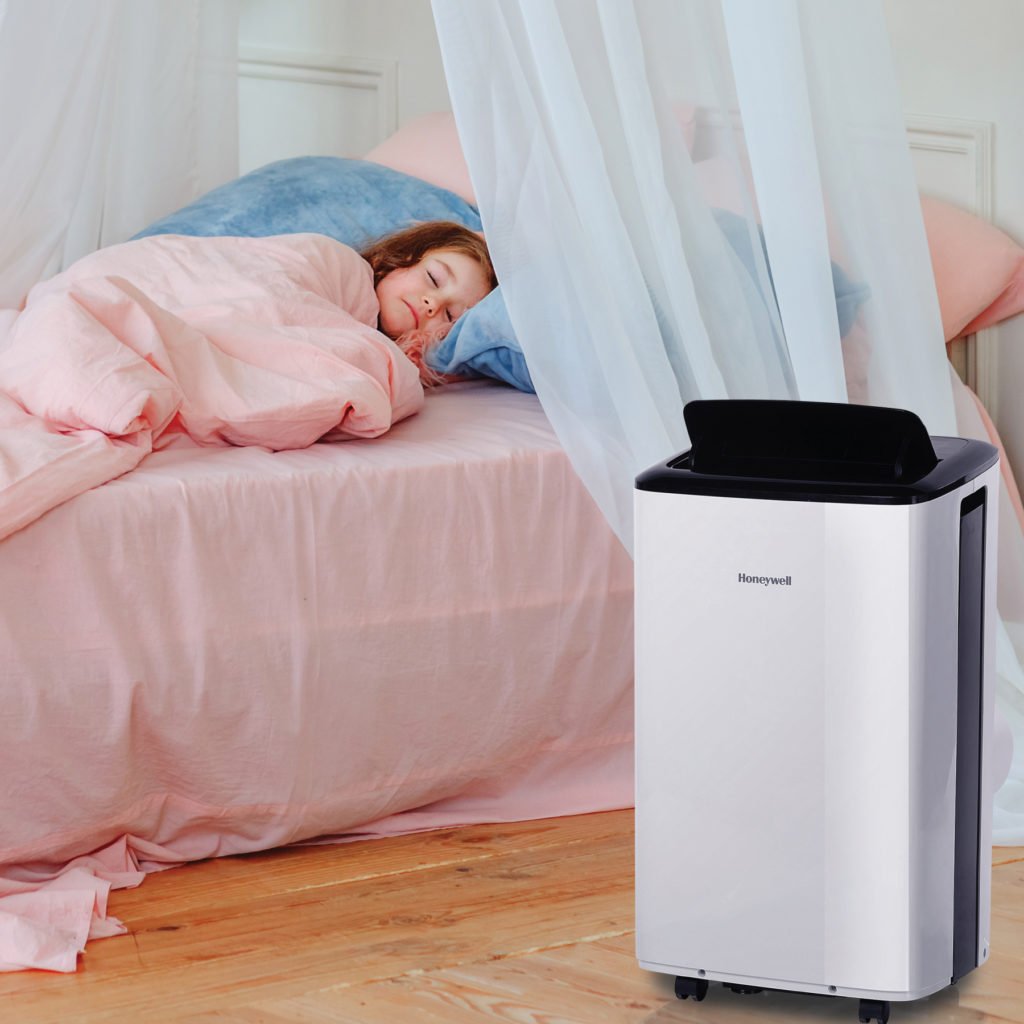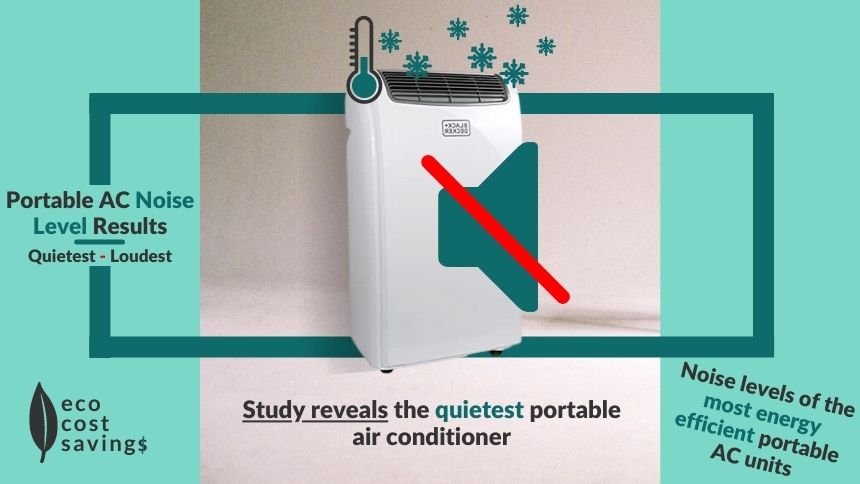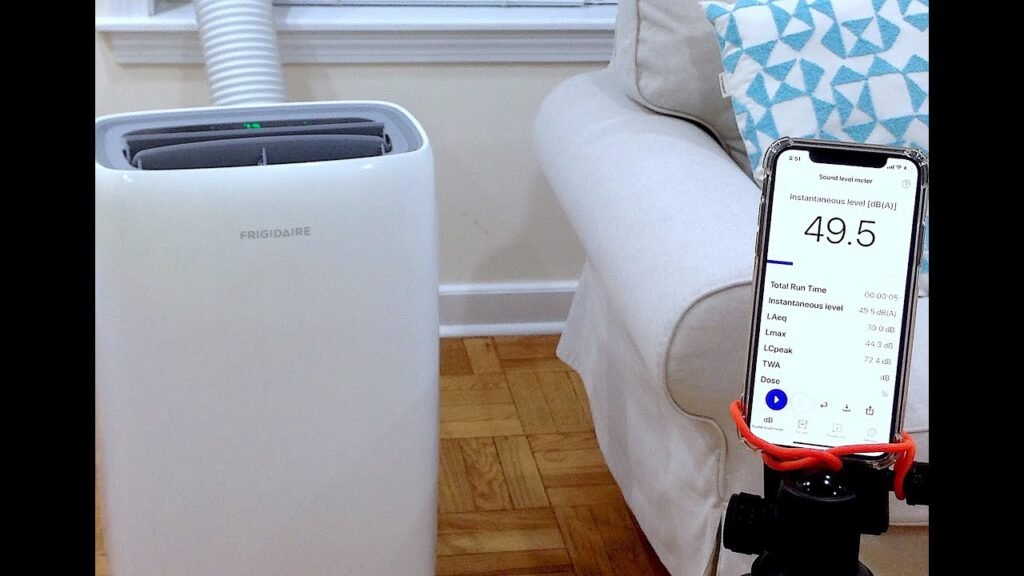Imagine a world where you can escape the sweltering heat of summer without sacrificing your sanity to the buzzing drone of an obnoxiously loud air conditioner. Well, my friend, that world may be closer than you think. In this article, we will be exploring just how noisy – or not so noisy – a particular portable air conditioner can be. So, sit back, relax, grab your ice-cold beverage of choice, and prepare to have your tranquility restored with the wonders of a quiet-cooling companion.
How Noisy Is This Portable Air Conditioner?
Factors Affecting Noise Levels of Portable Air Conditioners
When it comes to choosing a portable air conditioner, one of the prime considerations is its noise level. The noise produced by these units can vary greatly depending on several factors. Understanding these factors will help you make an informed decision and ensure a peaceful and comfortable environment in your home or office.
Decibel (dB) Ratings
To measure the intensity of sound, we use the unit decibel (dB). When it comes to portable air conditioners, the noise level is typically expressed in dB(A), where ‘A’ represents the weighting scale used to approximate the human ear’s sensitivity to different frequencies of sound. The higher the dB rating, the louder the noise. It is important to note that a small change in dB rating can make a significant difference in the perceived noise level.
This image is property of i.shgcdn.com.
Comparing Noise Levels of Different Portable Air Conditioner Models
To determine the noise level of a portable air conditioner, it is essential to compare the dB ratings of different models. While some manufacturers provide this information in their product specifications, it is always a good idea to do some research and read user reviews to get a comprehensive understanding of the noise levels.
Manufacturer Specifications
Most reputable manufacturers provide noise level information for their portable air conditioners. Typically, this information can be found in the product specifications. It is usually mentioned in decibels and can give you a fair idea of how noisy a particular model might be. However, it is important to remember that these ratings are often measured in ideal conditions and may differ from real-world scenarios.

This image is property of honeywellaircomfort.com.
User Reviews and Feedback
User reviews and feedback play a crucial role in assessing the noise level of a portable air conditioner. Customers who have used the product can provide valuable insights into its actual noise performance. Read through a variety of reviews to understand the experiences of different users and whether the noise levels mentioned by the manufacturer align with real-world usage.
Noise Reduction Features
Many portable air conditioner models now come equipped with noise reduction features to minimize their operating noise. These features may include insulated compressor jackets, vibration-absorbing materials, or noise-dampening technology. It is worth considering these features when choosing a portable air conditioner if noise is a significant concern for you.

This image is property of ecocostsavings.com.
Placement of the Portable Air Conditioner
The placement of your portable air conditioner can also impact its noise level. To minimize noise, consider placing the unit on a flat and stable surface away from furniture or other objects that could obstruct airflow or cause vibrations. Additionally, positioning the unit at a reasonable distance from areas where you spend the most time can help reduce noise disruptions.
Operating Modes and Fan Speeds
Different operating modes and fan speeds of a portable air conditioner can also affect the noise level. By choosing a lower fan speed or activating the sleep mode, you can often reduce the noise produced by the unit. Experimenting with different settings and finding the right balance between cooling and noise reduction can greatly enhance your overall comfort.

This image is property of i.ytimg.com.
Potential Noise Sources in Portable Air Conditioners
Portable air conditioners consist of various components that can contribute to noise production. The compressor, fan motor, exhaust system, and air circulation can all generate varying levels of noise. Understanding which components are the primary sources of noise can help you identify models that prioritize noise reduction in those areas.
Tips for Minimizing Noise from a Portable Air Conditioner
If you find that your portable air conditioner is still louder than desired, here are some additional tips to help reduce the noise:
- Ensure proper installation and sealing of all connections to minimize airflow noise.
- Keep the filters clean and free from dust to prevent additional noise caused by decreased airflow.
- Place the unit on a vibration-absorbing mat or use rubber pads to reduce vibrations.
- Consider using noise-cancelling curtains or acoustic panels to further dampen noise.
- If permissible, use the timer function to let the unit operate during periods when you are not present, minimizing the impact of noise on your routine.
By implementing these tips and understanding the various factors affecting noise levels, you can choose a portable air conditioner that suits your needs while ensuring a peaceful and quiet environment wherever it is installed.

This image is property of i.ytimg.com.
